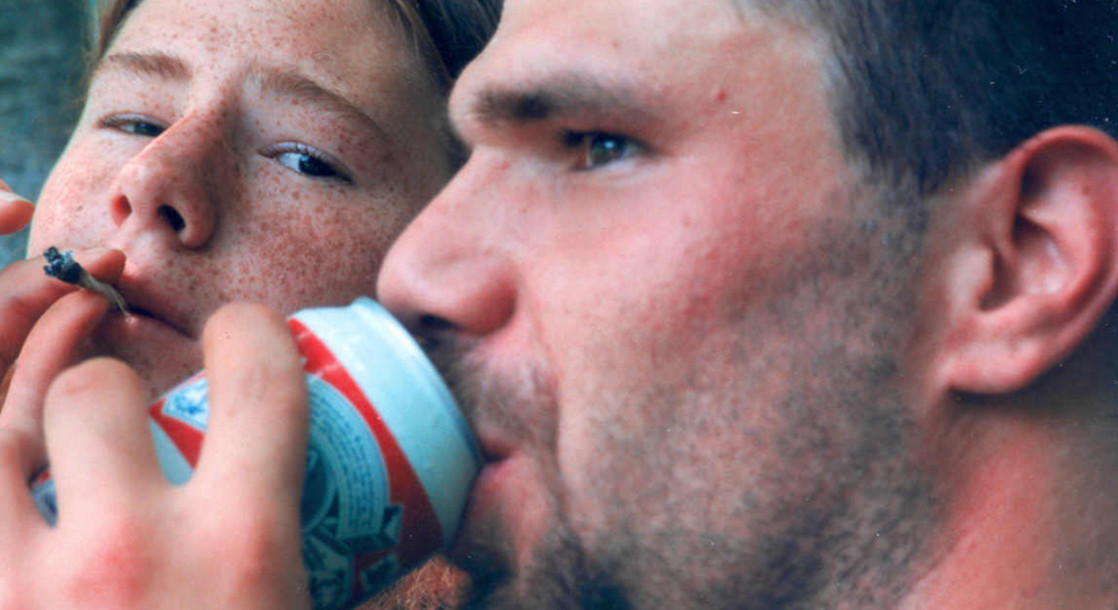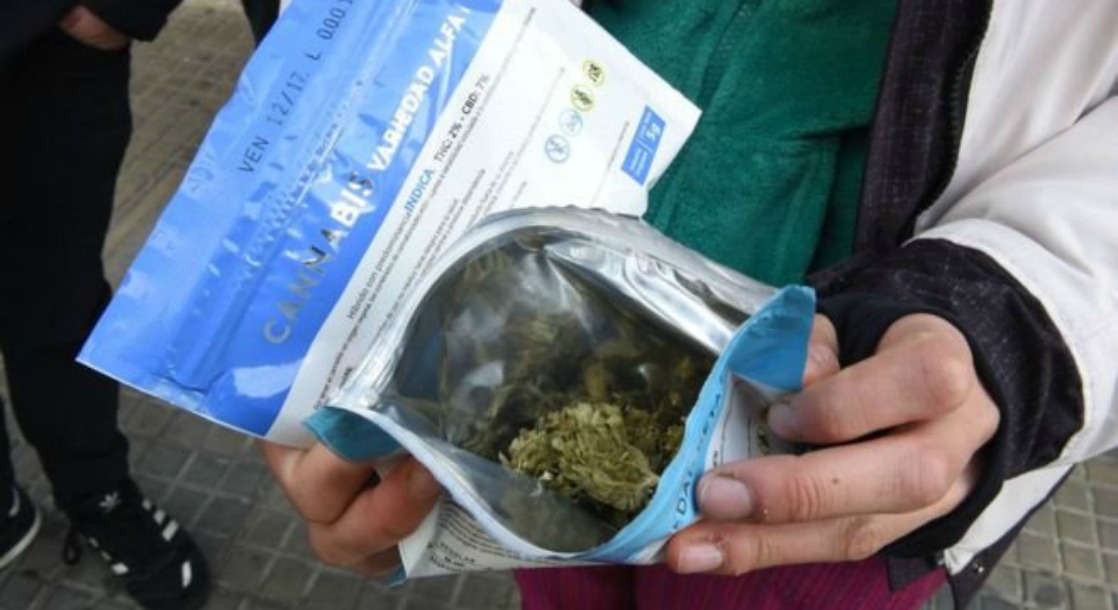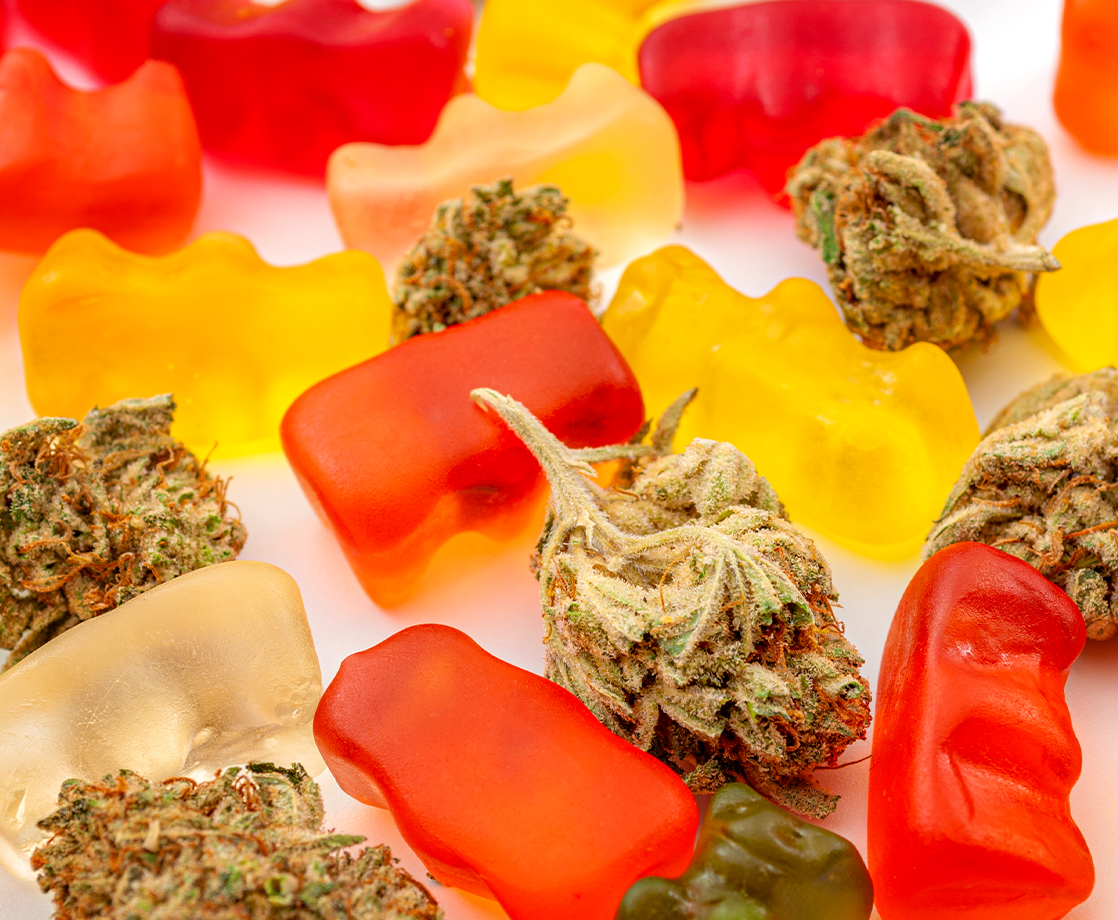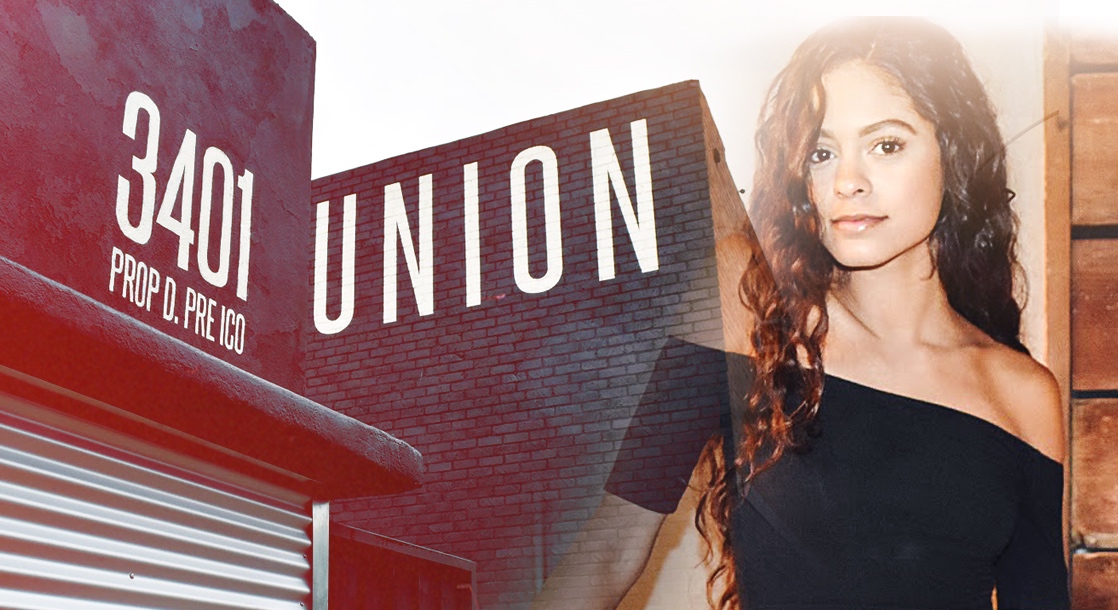Lead photo via Flickr user Elvert Barnes
Outside of overtly racist political posturing and genuine generational disconnect, cannabis prohibition has continued as long as it has largely because of lobbying from the pharmaceutical and alcohol industry, with both multi-billion-dollar behemoths understandably worried that legal access to the easy-to-grow plant would take a significant chunk out of their government-approved intoxication monopoly. Now, with over half of the country living in a state with some form of legalized cannabis, a new study suggests that those fears are well-founded for the alcohol industry.
According to the Washington Post, a working study from researchers at the University of Connecticut and Georgia State University claims that alcohol sales have dropped as much as 15 percent in states with legal medical cannabis, suggesting that further increasing cannabis access with recreational legalization could have an even larger dampening on alcohol sales.
Related Gallery:
To reach this conclusion, the study’s authors examined Nielsen sales numbers, looking at “data on purchases of alcoholic beverages in grocery, convenience, drug, or mass distribution stores in US counties for 2006-2015,” to look at shifts from before and after medical marijuana programs were enacted.
Since legalization first started taking hold in the western United States, alcohol industry insiders have worried that legalization would take a bite out of booze sales, from the small-time craft beer scene to giant multinational corporations. And while a similar deep dive into Nielsen sales data showed only a 2 percent decrease attributed to legalization, that slight shift was largely excused as a blip, with a number of craft brewers actively embracing the cannabis industry instead of increasing competition.
One year can change a lot though, and the most recent Nielsen data shows that America’s booze makers may need to reevaluate their relationship to cannabis.
Not ready to be left behind, a number of alcohol industry bigwigs have already read the tea leaves and decided to take a sip of the green rush, with Constellation Brands, the U.S. distributor of Corona and Modelo beer, investing $100 million in weed-infused beverages with Canadian cannabis company Canopy Growth earlier this year, and ex-Budweiser executive Chris Burggraeve ditching one Bud for another five years ago to get a leg up in the legal weed game. Even smaller breweries, like California’s Lagunitas, have crossed over, with collaborative terpene-infused beers and hop-flavored THC vape cartridges hitting shelves for a limited release this past summer.
“This is one of the fastest-growing categories globally,” Burggraeve told Bloomberg last month. “Why? Because people want it. When consumers want something, you ignore it at your peril.”
If the most recent study’s results prove true, Christopher Ingraham at the Washington Post predicts that the alcohol industry could be in for a ruder awakening in years to come, with full recreational legalization presumably giving even more Americans easy access to cannabis, making the pot-for-booze substitution more practical for people looking to avoid a hangover or alcohol poisoning.
Related Gallery:
Compounding that presumed impact, the study’s authors are quick to note that the trade-off is not a passing fad that dissipates after the novelty of legalization has faded.
“States legalizing medical marijuana use experience significant decrease in the aggregate sales of alcohol, beer and wine,” the study concludes. “Moreover, the effects are not short lived, with significant reductions observed up to 24 months after the passage of the law.”
The alcohol industry has had its eye on the world of weed for some time now, but as more states legalize and more alcohol insiders and companies try their hand at greenery, expect more booze merchants to cross over into the world of crossfades.
Follow Zach Harris on Twitter











